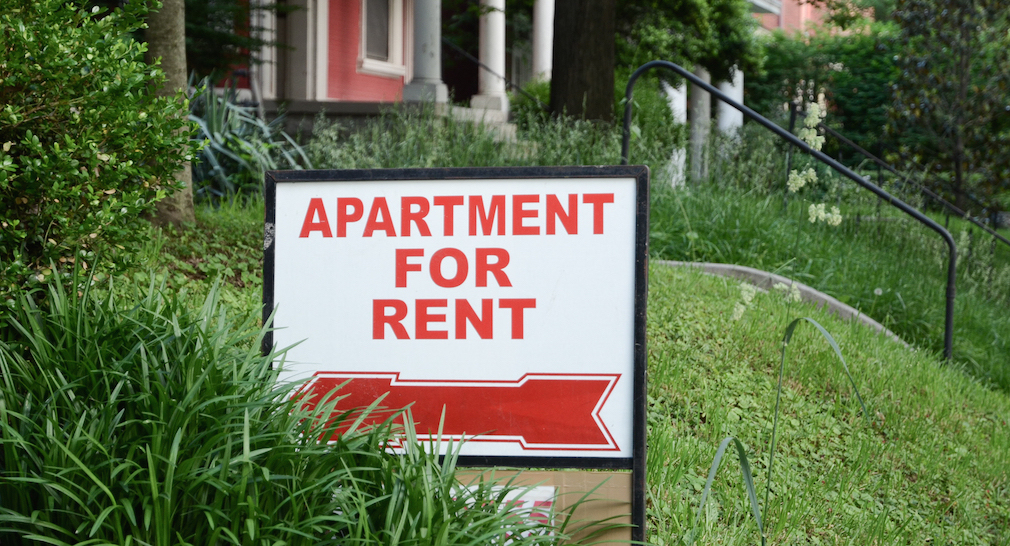It’s apparently far too difficult for low-income households to use the Department of Housing and Urban Development’s housing voucher program to gain access to affordable housing and HUD is planning to do something about it.
HUD announced Monday that it is launching a push to get more landlords to accept housing vouchers, citing two studies that claim that the housing voucher program is not functioning as it should be.
According to HUD, the studies show that “most” landlords do not accept housing vouchers and therefore deny affordable housing opportunities to those who need it most. Additionally, the studies show that the landlords that accept housing vouchers often complain about the difficulty of administering the program.
As a result of the studies, HUD Secretary Ben Carson is establishing a new “Landlord Task Force” that will aim to increase participation in the Housing Choice Voucher Program, which is the nation’s largest rental subsidy program and helps more than two million low-income households afford housing each year.
As part of the push, HUD said that it will be conducting listening forums in select markets around the country to hear directly from landlords and others on how to increase participation in the voucher program.
“These studies tell us that we have a lot of work to do to engage more landlords, so our Housing Choice Voucher Program can offer real choice to the families we serve,” Carson said. “We will be traveling the country to hear directly from landlords about how we can make this critical program more user friendly.”
According to HUD, the listening forums are “intended to reveal how HUD might make its primary rent subsidy program more accessible and acceptable, specifically in higher opportunity neighborhoods where landlord participation is lowest.”
There are two studies that are the basis of this effort. The first, which was sponsored by HUD and conducted by the Urban Institute, looked at landlord voucher acceptance in five cities: Philadelphia; Los Angeles; Fort Worth, Texas; Newark, New Jersey; and Washington, DC.
According to HUD, the study used paired testing methods at multiple sites to examine how landlords treated voucher recipients.
“While landlord participation varies across the five study sites, the researchers found voucher recipients are hard pressed to find a landlord who will accept their vouchers, especially in higher opportunity neighborhoods,” HUD said of the study. “In addition, landlords often ‘stand up’ testers posing as voucher recipients and even deny rental requests once testers reveal their source of income.”
The study, which is set to be released in full next month, shows that making the voucher program work is “extremely difficult” for all parties involved.
“We learned that the process of finding an available unit, reaching landlords, finding a landlord to accept vouchers, and then meeting with them to view the available housing was extremely difficult,” the Urban Institute researchers said in an executive summary published Monday by HUD. “It takes a lot of work to find housing with a voucher.”
The UI study showed that voucher recipients who want to live in an “opportunity area,” one with access to high-quality schools, jobs, and transportation, have an even harder time finding housing.
“We learned that even if landlords said they accepted vouchers, they may treat voucher holders differently during apartment showings—standing them up at higher rates than control testers,” the UI researchers said. “Our findings should remind policymakers that landlords are not passive actors in the HCV program. Landlords play a critical role in narrowing or widening the choices available to voucher holders in their search for safe, affordable, quality housing.”
The other study, which is from Johns Hopkins University, looked at the urban rental markets in Baltimore, Cleveland, and Dallas, and examined how these local markets impact a landlord’s decision whether or not to participate in the voucher program.
According to HUD, the researchers found that many landlords like the voucher program’s reliable rent payments, but the main reasons for not participating in the program were frustrations with required inspections and disappointment with how local housing authorities handle disputes with tenants.
HUD said that it will officially launch its landlord engagement campaign on September 20 in Washington, D.C.
From there, individual landlord forums are planned for Philadelphia, Atlanta, Dallas, Los Angeles, Salt Lake City and Salem, Oregon.
Then, after completing these listening sessions, the Landlord Task Force will give Carson a series of policy recommendations on potential changes to the voucher program.







